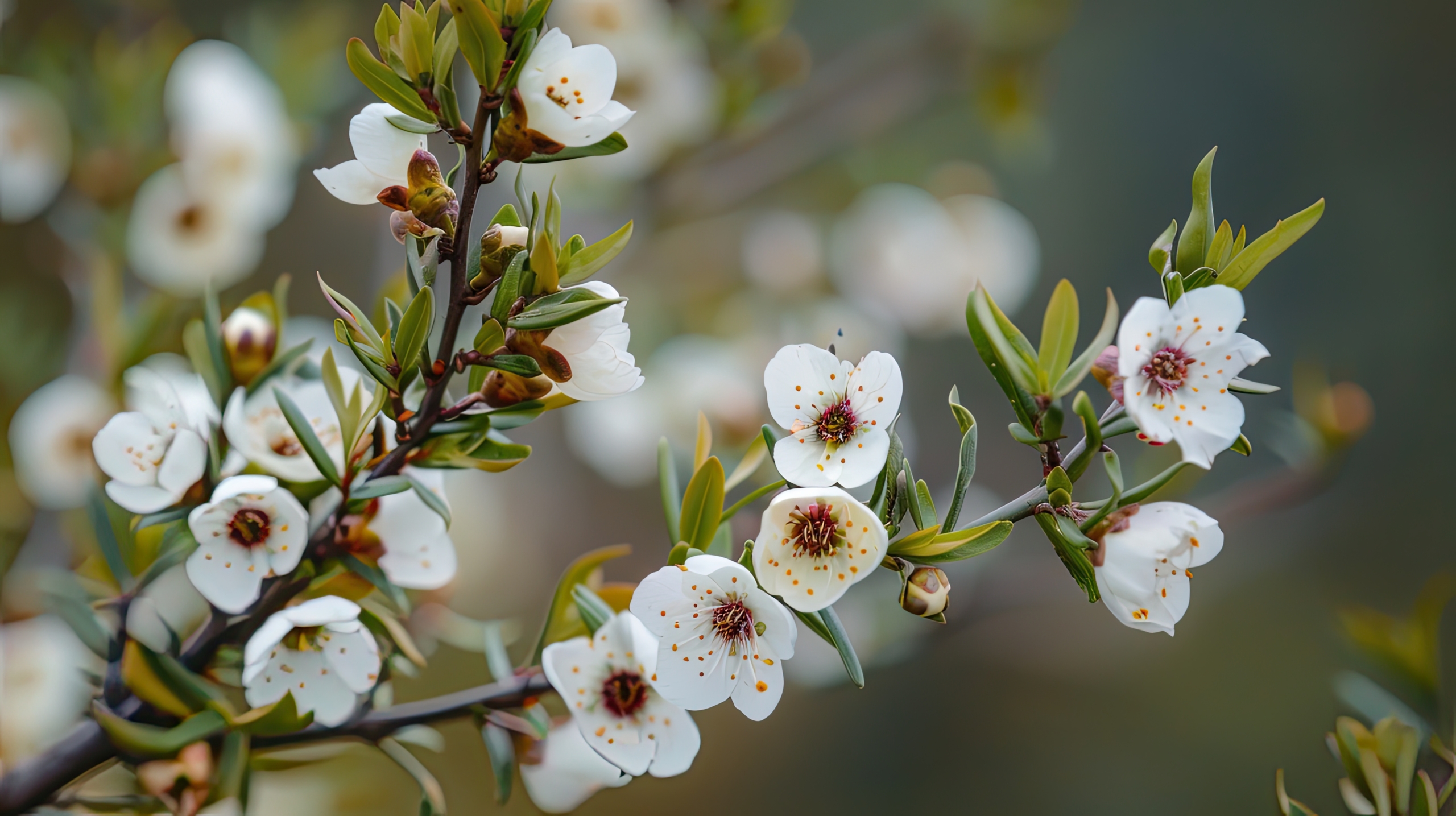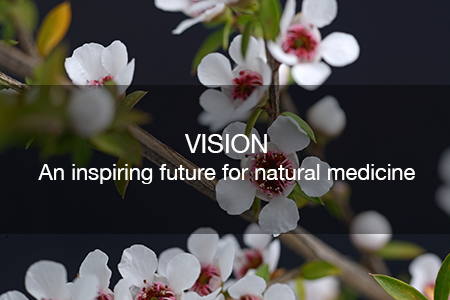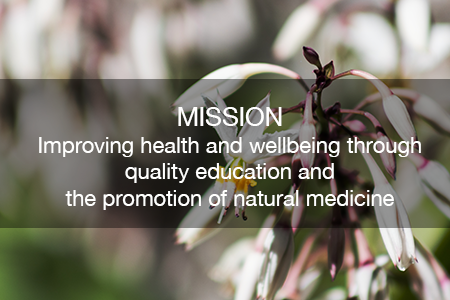About Us
The South Pacific College of Natural Medicine has a rich and long history, tracing our first teaching back to 1967. The College is owned by an Incorporated Society of graduates, from which the Board of Directors are elected.
SPCNM developed a degree in natural medicine, which was approved in 2010. It is the only Private Training establishment offering an NZQA-recognised degree programme in naturopathy and herbal medicine. Alongside the Bachelor of Natural Medicine, the College offers a two-year Diploma in Holistic Nutrition, which enables its graduates to join the Clinical Nutrition Association and to work as nutritionists. There is also a six-month foundation course – NZ Certificate in Study and Employment Pathways (Natural Medicine).
SPCNM prides itself on our warm and friendly environment, where our learners feel supported. Natural medicine attracts those who are focussed on the wellbeing of others and strong bonds are created between staff and learners. Our SPCNM community are passionate about the possibility of natural medicine and how it can help and support the NZ health system.
The College is privileged to have its own premises in Ellerslie, built in 2005, featuring modern, light classrooms, a well-equipped library (The Dave Duggan memorial library named for one of our founders), a separate student common room (Cheal cottage, named for Errol Cheal another of our founders) and a purpose-built student clinic. The outdoor area on the internal side of the College features a substantial herb garden with at least 100 different herb species. The exterior side of the premises, against the carpark and the street frontage, features New Zealand native flora used in Rongoa Māori medicine.
If you are not interested in natural medicine as a career, you may be interested in one of our community courses or coming to the Paua Clinic as a client.
What is Naturopathic Medicine?
“The doctor of the future will give no medicine, but will interest his patient in the care of the human frame, in diet and in the cause and prevention of disease.” Thomas Edison (1902).
The term ‘naturopathy’ was first used in the 1890’s in the USA, but its philosophical roots go back thousands of years. These ancient principles are inherent in the way natural medicine is practised today.
The main principle of naturopathy is ‘vix medicatrix naturae’, or the healing power of nature. There is only one force of healing in existence and that is nature herself, which refers to the inherent restorative power of the individual to overcome disease.
The body has an innate ability to restore balance and bring about healing, in congruence with the laws of nature. This healing can be facilitated by harnessing the natural resources available to us – fresh air, water, sunshine and wholesome food, alongside rest and relaxation, sleep and exercise.
Naturopathic practice also recognises that the body and mind work together to create optimal health. Therefore social, cultural and spiritual factors influence the context in which ill health occurs. The client is encouraged to be a partner on their health journey, and the naturopath endeavours to facilitate the sharing of information and supports the client to achieve and maintain wellness.
Naturopathic practice always searches for the underlying cause of disease. Rather than suppressing symptoms, we look deeper and aim to gently correct the conditions in which symptoms arise. In this way, the healing process is strengthening and supportive of the organs and tissues of the body, without causing harm or side effects.
What is Herbal Medicine?
Herbal medicine is a system of healing that has been used for centuries. Almost every culture on the planet has their own form of herbal medicine that has developed according to the plants growing indigenously in their locality, and been shaped by their unique ways and belief systems.
Western herbal medicine originated in Europe and is the foundation of modern herbal practice. Modern herbalism has further expanded and today integrates the knowledge and wisdom from the herbalists from the Americas and Asia.
Herbal medicine harnesses the power of plants to facilitate healing and promote optimum health. Particular parts of plants are used to make medicines, such as flowers, leaves, roots and bark. The part used varies according to the plant and the desired effect.
Medicinal herbs contain many active constituents that support the body gently to restore balance. We can identify of these active metabolites, but there are many more yet to be discovered. Modern technology is allowing us to identify these plant phytochemicals and how they work. Many research trials have validated the benefits and safety of medicinal herbs that have been in use for centuries.
When herbs are prescribed by a qualified herbalist, they are extremely safe. Side effects from herbs are uncommon as the herbs gently support the inherent healing force within the body to improve normal function and restore balance.
Herbal medicine is very effective and can be used by almost everyone, from pregnant women, to babies, and even the elderly. Herbs are effective in treating many health conditions, including acute illnesses such as colds, earache, sore throats and coughs, as well as many chronic conditions.
Those who are taking pharmaceutical medication and anyone with chronic health conditions should always see a qualified herbalist before taking any herbal product to avoid adverse herb-drug interactions. Qualified herbalists will know the appropriate herbs to prescribe.
Herbal medicines are given in various forms according to the requirements of each individual client. Tinctures are commonly prescribed (a ‘herbal formula’) and usually contains up to 5 or 6 different herbs, which synergistically interact to enhance the action of each component. The medicinal effect is therefore greater than the sum of its individual parts. Other ways to administer herbs are as teas, decoctions, creams, ointments, pessaries, tablets and capsules. The herbalist will take a thorough history and choose a formulation that supports the uniqueness of each individual client.




